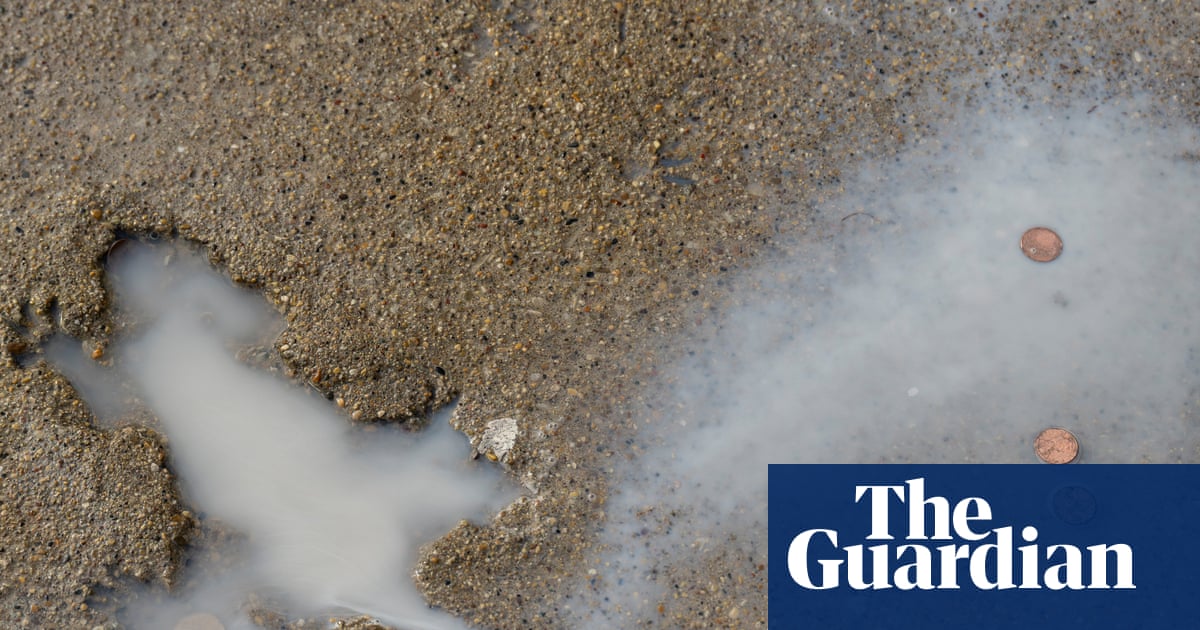Local official says more than 120 people hospitalised in the city amid surge in reported cases of respiratory problems.
Published On 14 Oct 2025
Dozens of people have been hospitalised in Tunisia’s southern city of Gabes, whose residents have blamed pollution from a nearby chemical factory for causing respiratory distress and other health issues.
Tunisia’s state-run TAP news agency reported that children experiencing breathing difficulties from the fumes were admitted to Gabes University Hospital on Tuesday.
Recommended Stories
list of 3 items- list 1 of 3China’s new climate target branded ‘disappointing’, ‘underwhelming’
- list 2 of 3Study finds US asthma inhalers produce same emissions as 500,000 cars
- list 3 of 3‘We don’t want to disappear’: Tuvalu fights for climate action and survival
A local official cited by AFP news agency said more than 120 people had been hospitalised in the city, while an education official cited by the Diwan FM radio channel said dozens of students were admitted to hospital.
On top of respiratory problems, some patients suffered from “leg pain, numbness, and loss of mobility”, said local defence deputy chief Ghofrane Touati.
Resident Tawfik Dhaifallah said his little sister was “suffocating because of the fumes” emanating from the city’s industrial zone. “That happens every two or three days.”
The latest hospitalisations are part of spike in reported cases of respiratory problems that residents blame on fumes from the Tunisian Chemical Group’s (CGT) phosphate headquarters – a site authorities pledged to gradually close in 2017 but have yet to follow through on.
Protests
Years of frustration over the site’s emissions erupted on October 11, when residents stormed the complex demanding its closure.
“Gabes has turned into a city of death, people are struggling to breathe, many residents suffer from cancer or bone fragility due to the severe pollution,” Khaireddine Dbaya, one of the protesters, told the Reuters news agency.
The protest turned violent as police fired tear gas and chased demonstrators through the city streets, Reuters reported. Some protesters tried to set fire to a branch office of the CGT’s administration, while others blocked roads in the city, according to local media.
The Gabes local council on Sunday said it supported the “legitimate” demands of the protesters and called for the “dismantling of polluting chemical plants”, while also criticising “acts of vandalism and violence”.
The Tunisian League of Human Rights also backed the protesters and called for “the dismantling of polluting units and the establishment of an alternative regional development model to slow death and pollution”.
The protests underscore mounting pressure on President Kais Saied’s government, already grappling with a deep economic and financial crisis, to balance public health demands with the production of phosphate, Tunisia’s most valuable natural resource.
In an effort to ease public anger, Saied met late on Saturday with the ministers of environment and energy, urging them to send delegations to Gabes to carry out necessary repairs at the phosphate acid unit of the complex. He said he wants “a green Tunisia free of all pollution”.
Phosphate is Tunisia’s principal natural resource, but for years, activists have warned about the pollution caused by the GCT, which dumps its gaseous and solid waste directly into the environment.
In 2017, authorities pledged to dismantle the Gabes complex and replace it with a facility that meets international standards, acknowledging that its emissions posed a danger to local residents. However, the plan has yet to be implemented.
Meanwhile, Tunisia’s government aims to revive the phosphate industry by increasing production fivefold to 14 million tonnes by 2030 to capitalise on rising global demand.
.png)
 3 hours ago
13
3 hours ago
13







 English (US) ·
English (US) ·